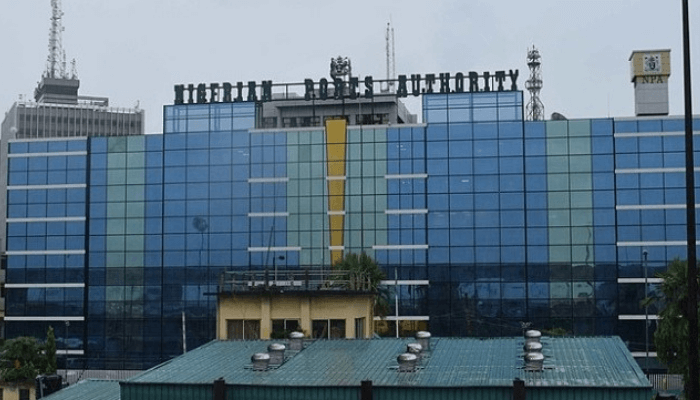Customs agents, shippers seek E-call up system reforms before expansion to Warri, Calabar, Onne ports

Licensed customs agents and members of the National Shippers Association of Nigeria have called for reforms to the Nigerian Ports Authority’s (NPA) E-call up system—popularly known as the Eto ticket—before it is expanded to the ports in Warri, Calabar, and Onne.
Speaking at a media briefing on Wednesday in Port Harcourt, the group called for a comprehensive overhaul of the system, citing widespread corruption, operational inefficiencies, and inadequate infrastructure as major concerns.
The resolution, reported by the News Agency of Nigeria (NAN), was jointly signed by Innocent Akuvue, President of the National Shippers Association of Nigeria; Joshua Ahuama, Zonal Coordinator of the Eastern Association of Nigeria Customs Agents; and Emeka Nwosu, National Vice Chairman of the Council of Managing Directors of Customs Licensed Agents.
Originally designed to manage truck traffic and ease congestion at Lagos ports—particularly Apapa and Tin Can—the E-call up system, according to the group, has failed to achieve its intended objectives.
“Stakeholders and licensed customs agents operating at the Eastern Ports have called on the Nigerian Ports Authority (NPA) to overhaul the E-call up system to enhance its efficiency,” the NAN report read in part.
It added, “The stakeholders expressed concerns over plans to replicate the model at the Eastern Ports—namely Onne, Port Harcourt, Calabar, and Warri—citing a lack of necessary infrastructure for the system’s effective implementation.”
The group described the E-call up system as plagued by corruption and disorder at the Lagos Ports, noting that truckers now endure prolonged delays and are forced to pay additional fees at loading bays. While the official Eto ticket is priced at N20,750, it is often sold on the black market for as much as N400,000, they alleged.
They cautioned that expanding the system to the Eastern Ports—namely Onne, Port Harcourt, Calabar, and Warri—without first addressing major infrastructure deficiencies would likely reproduce the same failures experienced in Lagos. They also stressed the need for the Federal Government to prioritise the completion of the East-West Road to improve regional connectivity and logistics efficiency.
More insights
While criticising the performance of the Eto system in Lagos, the group commended the operational efficiency currently observed at the Eastern Ports.
- They highlighted that the existing model in ports such as Onne, Calabar, Warri, and Port Harcourt has led to improved cargo handling and contributed to a more business-friendly environment, with faster turnaround times and smoother operations unencumbered by the challenges seen in Lagos.
- In addition, they advocated for broader policy reforms to boost the effectiveness of the Onne Oil and Gas Free Zone, citing its strategic role in driving national economic growth.
The group emphasised that any port automation system, including the E-call up model, must be underpinned by transparency, streamlined logistics, and adequate investment in critical infrastructure to ensure success.








